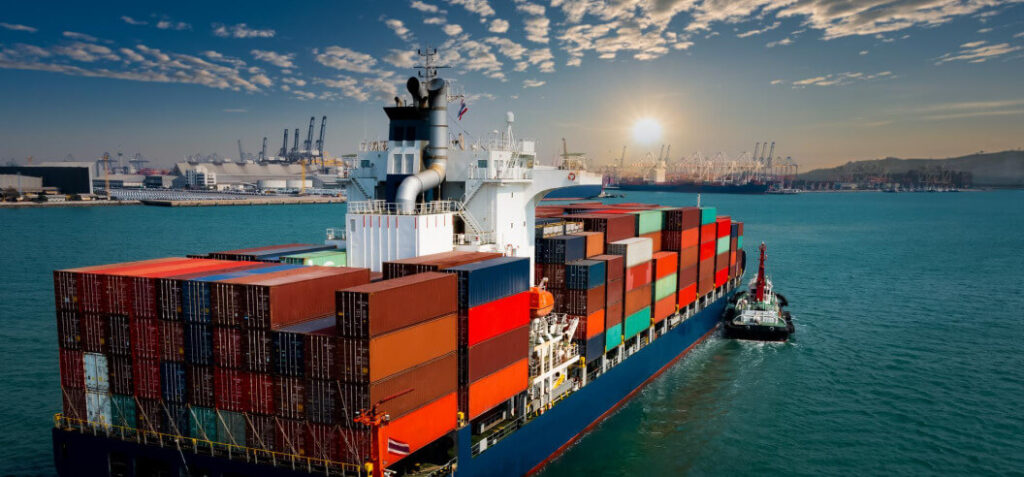We Are Here To Help You Navigate Trade Regulations Seamlessly
Get Access To Advanced Trade Compliance Software Solutions
Artemus offers a software solution designed to meet the requirements of Japan’s Advanced Filing Rules (AFR) for importing cargo to Japan. The AFR software solution is web-based, providing ocean carriers or freight forwarders of NVOCC with a simple-to-use solution to comply with Japan AFR requirements & ensure on-time delivery and cost savings..


Let’s explore some of the most frequently asked questions and address some common misconceptions regarding Japan AFR.
Japan’s Advance Filing Rules (AFR) mandate the submission of cargo information to Japan Customs before loading cargo onto a vessel bound for Japan. It enhances security and streamlines customs procedures.
Ocean AFR requires ocean carriers and NVOCCs to submit pre-arrival cargo information electronically to Japan Customs to improve risk assessment and ensure compliance with regulations.
Compliance with AFR is crucial to avoid penalties, ensure timely cargo clearance, and support Japan Customs in maintaining security and efficient trade operations.
AFR filings must be submitted at least 24 hours before the cargo is loaded onto a vessel bound for Japan.
Ocean AFR filings must be submitted before loading, allowing Japan Customs sufficient time for risk assessment and inspection planning.
Ocean carriers and NVOCCs responsible for transporting cargo to Japan are required to file Ocean AFR information.
All parties involved in shipping cargo to Japan, including ocean carriers, freight forwarders, and NVOCCs, must comply with Japan’s AFR.
AFR filings require data such as the shipper’s and consignee’s names, cargo descriptions, container numbers, voyage details, and bill of lading information.
Non-compliance can result in delays, monetary fines, and restrictions on shipping operations to Japan, impacting supply chain timelines.
Filing Japan AFR through an efficient software solution typically takes just a few minutes once all required data is prepared.
The filing process involves gathering shipment details, entering them into a compliant software solution, and electronically submitting the data to Japan Customs.
Artemus’ AFR software is a web-based platform designed to help ocean carriers and freight forwarders comply with Japan’s AFR requirements efficiently, reducing errors and ensuring timely submissions.
Ocean carriers, freight forwarders, and NVOCCs involved in transporting cargo to Japan can use the software to streamline their AFR compliance processes.
The software employs robust data security protocols, ensuring that all submitted information is encrypted and protected against unauthorized access.
Yes, Artemus’ AFR software complies with international data protection standards, safeguarding sensitive cargo and client information.
The software simplifies AFR compliance by automating data entry, providing preloaded information, and ensuring accurate and timely filings to Japan Customs.
By reducing manual data entry and errors, the software minimizes compliance costs and helps ensure cargo is processed and delivered on time.
Yes, Artemus’ AFR software is web-based and available 24/7, allowing users to file submissions at their convenience.
Yes, the software is accessible from any web-enabled device, including mobile phones and tablets, offering flexibility for users on the go.
The software is designed with a user-friendly interface, making it simple for first-time users to navigate and complete filings with ease.
Artemus offers comprehensive customer support, including technical assistance and troubleshooting, to help users maximize the software’s benefits.
Yes, Artemus provides onboarding support, including setup and start-up training, ensuring users can begin using the software within 24 hours.
